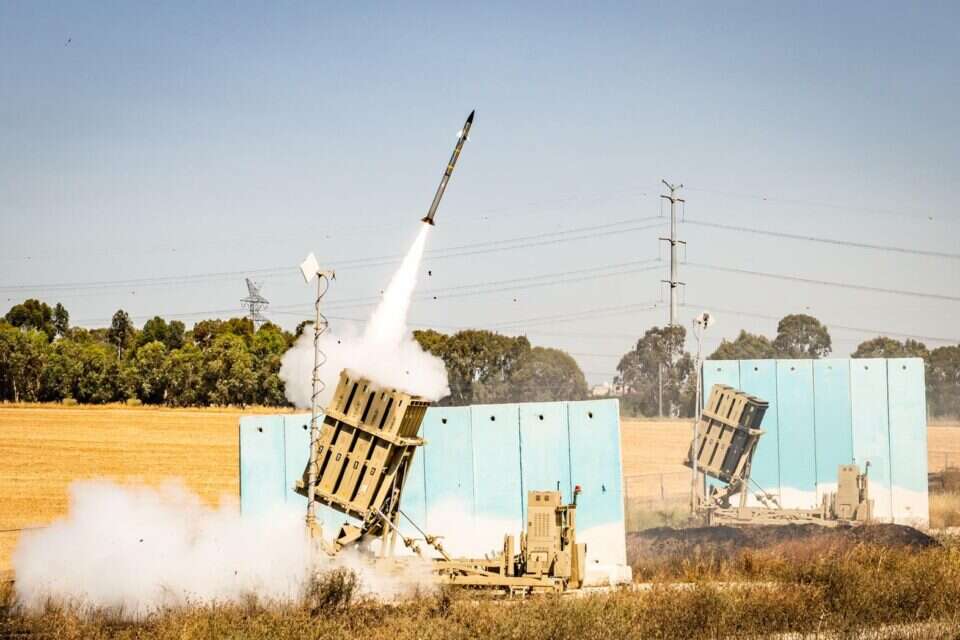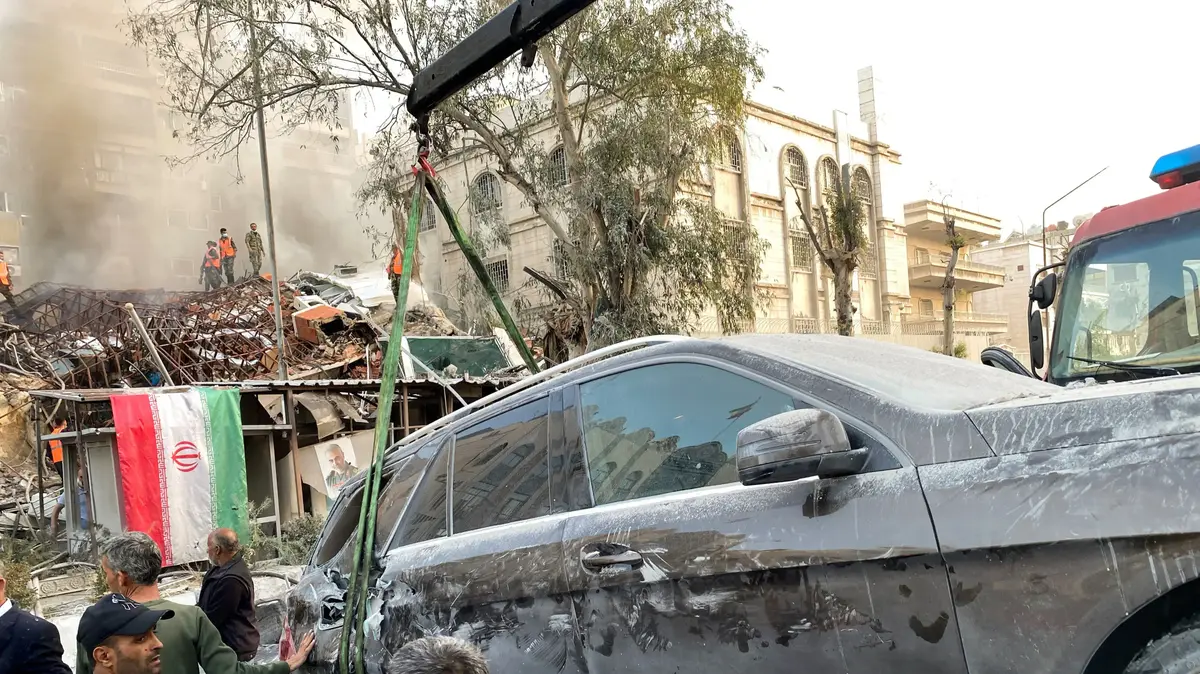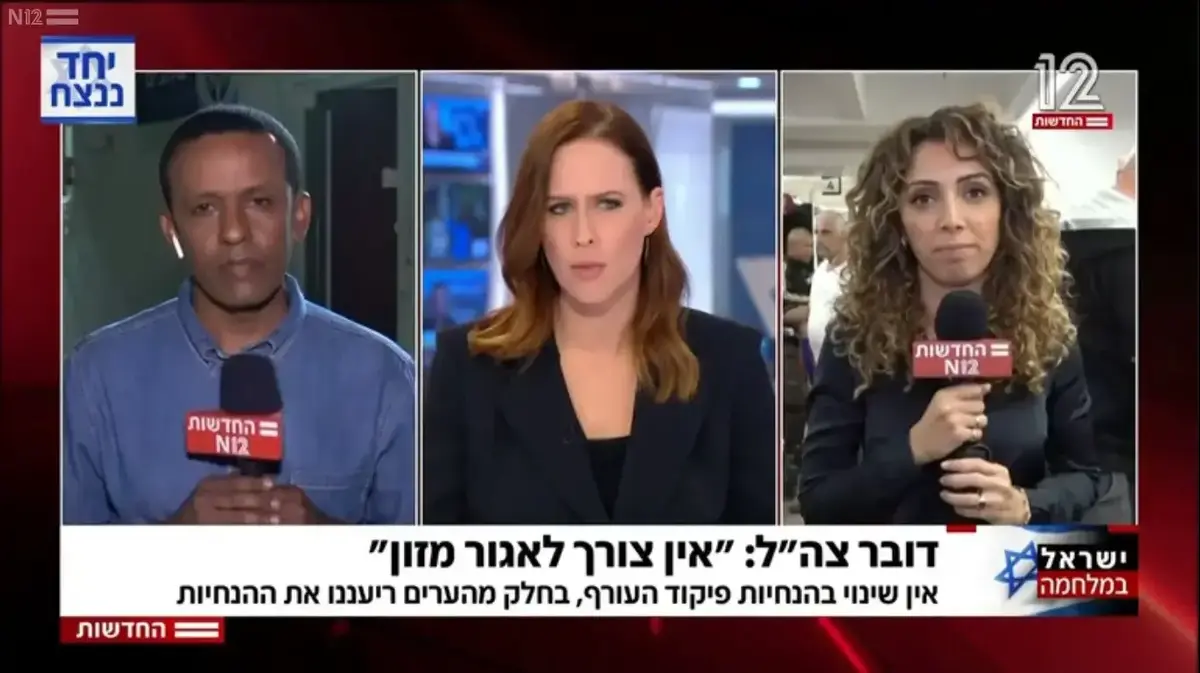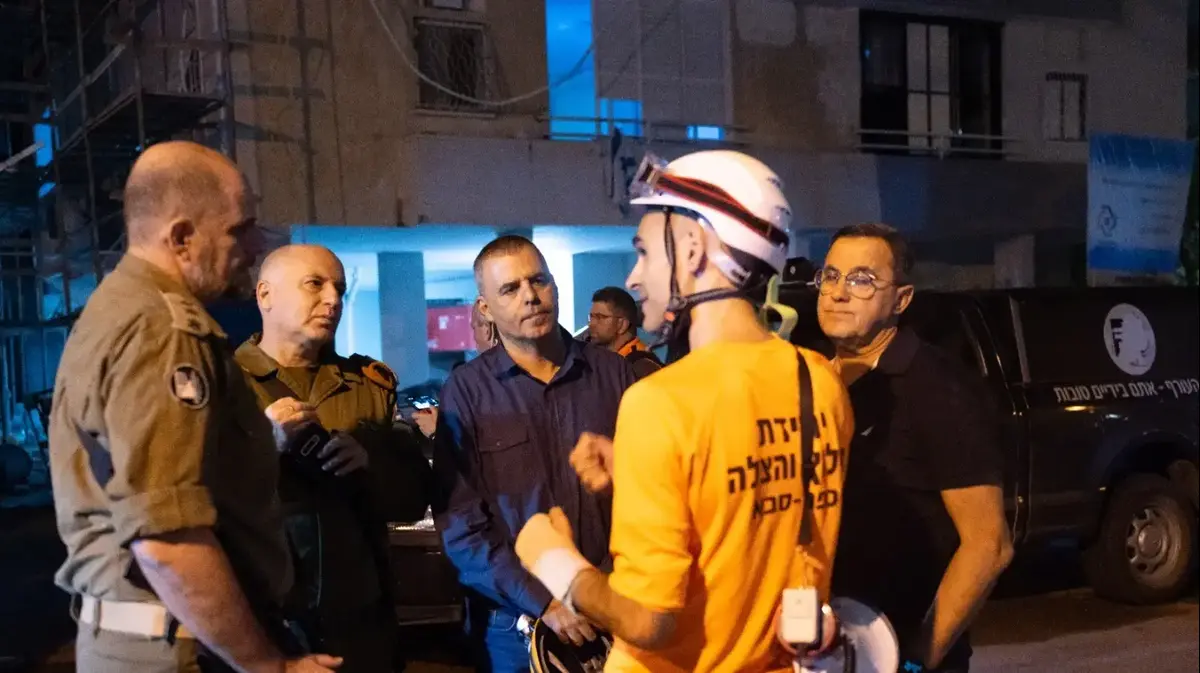There has been a long way to go since the abandonment of the home front in the Second Lebanon War, and still - there is a long way to go until the situation is truly satisfactory.
The war in 2006 was a wake-up call, and in this respect it should be seen as a gift.
Israel paid a relatively low price for it and realized that it had to wake up.
The inconceivable situation - in which councilors flee the city and abandon their responsibility to the residents, that the central government refrains from declaring a special situation in the home front for economic reasons, that the IDF is acting as if the home front is not of interest, Substantially.
The list of changes is almost endless.
The entire air defense system has undergone a revolution: an iron dome and a magic wand have been developed, and have already given a significant response in four rounds of fighting in Gaza (and in infinitely more cases, in all sectors);
Areas of responsibility have also been defined: it has been clarified that mayors and councils are responsible for what happens in their city, and all other parties are supposed to support them - routinely and in emergencies.
In this context, the Home Front Command deepened its relationship with the authorities;
Each authority is "sewn" a file that is supposed to give it an individual answer, and it is practiced on an annual basis where each practice also leads to lessons learned;
The National Emergency Authority in the Ministry of Defense - which was established as a lesson from that war - is also supposed to improve and streamline operations in routine, and especially in emergencies.
The result is that Israeli citizens are much better protected than they were 15 years ago, and most importantly - that they have a clear address.
The municipal array, rescue and emergency teams and security officials know exactly what to do and how to function in any situation, from a missile attack, through terrorist intrusion to essentially civilian scenarios like fire, earthquake, heavy snow and even cyber attack.
Opposite this is the half-empty glass: just as the response has increased dramatically since 2006, so has the threat.
Israel is today threatened by more than 100,000 missiles and rockets from Lebanon, tens of thousands of missiles and rockets from Gaza, and a large number of rockets and missiles of various types from more distant countries (Iran, Iraq and Yemen).
Faced with this threat, the truth must be told to the public: existing systems do not have and will not have the ability to intercept any rocket and protect any civilian.
In an all-out war, citizens will be required to be more disciplined than ever before: to stock up on food and water, and to stay in protected areas for extended periods of time.
Anyone who does not do so will risk his life.
But the state also has a long way to go to improve civil protection.
Recently, the protection program for the houses in the northern localities was launched many years late, and it will be a long time before it is completed (and even then it will provide only a partial response to the significant threat posed by Hezbollah, both rocket fire and infiltration into localities).
There is also quite a bit of work in the Gaza Strip, which requires attention and the allocation of large sums of money, which are outside the current budget of the defense establishment.
And above all, there is the constant question: Why is the overall responsibility for the home front in the IDF?
But 30 years have passed since then, and Israel needs to find out for itself whether it is right for the IDF to split its attention between attack and defense, if it really has the ability and means to deal with the home front, and if not to transfer the issue to a civilian ministry. - who is in constant contact with the authorities and the residents, and is supposed to give them a full response even in an emergency.









